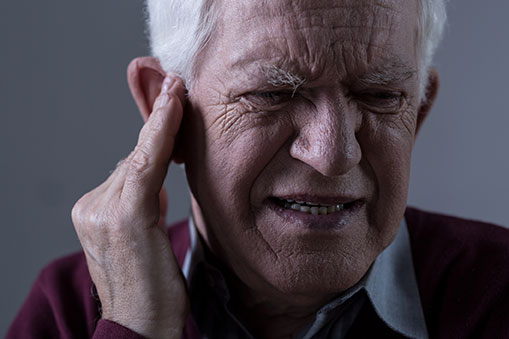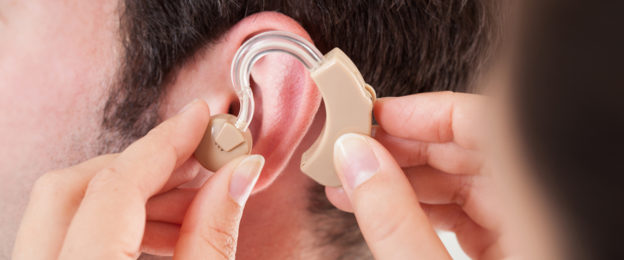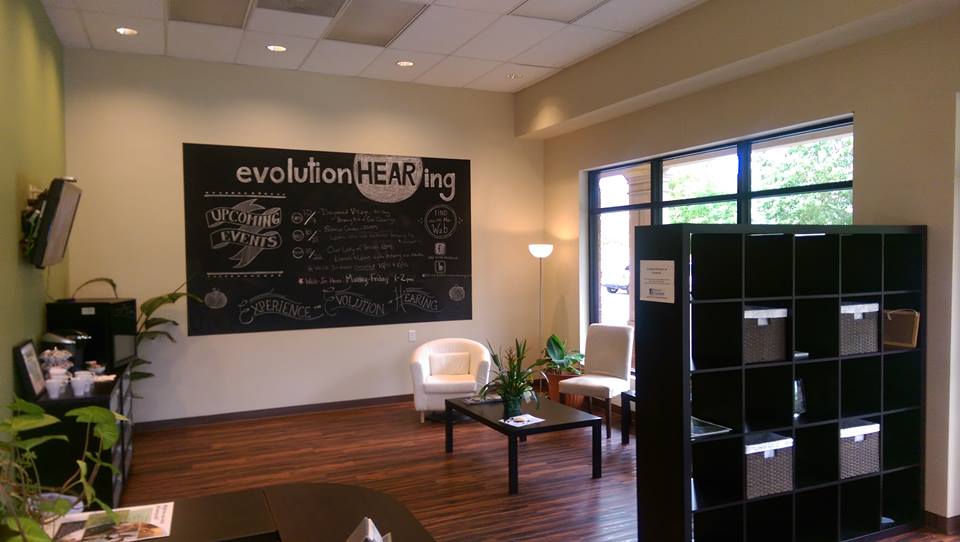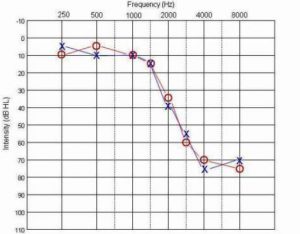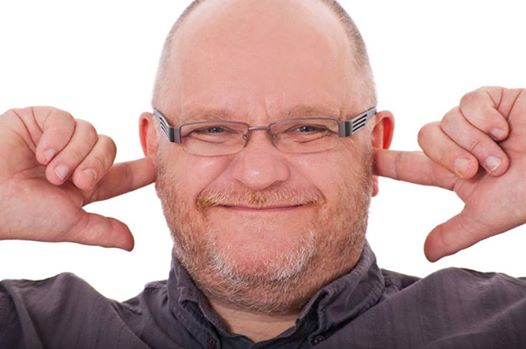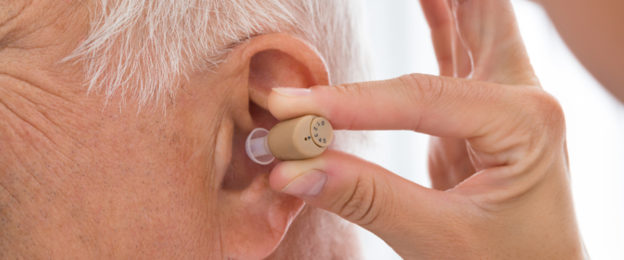Hearing impairment can cause serious problem if it is not taken care of at the earliest. It could create serious problems for you and your family’s safety. It could be in danger. Imagine you and your little toddler are going for a walk and a car comes crashing to you with honking noise but you still can’t hear it, you could become a victim of an accident. Thus, here are the following things to take care of, if you have hearing impairment:
1. Create visual cues:
There are some alarm systems that create visual and auditory alerts both. If you cannot hear that is okay, but if you can see the danger, you can definitely do something about it. The flashing lights would alert me you to visitors, even if you could not hear them approach.
2. Rely on companions, neighbors:
Do notify the person you are living with and the neighbors about your problem. They will assist you when you are in need. If they will know about your problem, they will take immediate actions on that. When you cannot hear, relying on someone becomes a necessary option, and that does not mean you have to depend on them completely.
3. Use security system:
It is not necessary that you arm your house alarm all the time. You can also arm when you are in actual need of that. But do use it if your hearing issue is getting worse. Also, keep the house locked and armed when in need or even if not.
4. Adopt a dog:
Like blind people have pets to guide them with the danger, you could also adopt a dog. The dog will be your best companion and be loyal to you for life. It is one of the viable options when you are in traffic or place full of crowd.
5. Build a support network:
When you meet people with the same disability as you have, it could create a sense of relief in you. You could also get solution to your different problems and you will be able to ask for the solution without any hesitation. Partner with neighbors to alert one another to anything unusual in the area. We should all take the time to do this, hearing loss or not.
6. Have a backup plan:
Discuss with your family about the safe place of your houses. When there is a danger in or nearby your house, where should you hide? Also, keep some signatures to alert them when anyone of you is in danger. Keep yourself and your family safe when needed.
7. Use hearing aids:
The best and affordable option is to use hearing aids. The hearing aids will assist you to hear the sounds immediately without any delay and you will be able to save your family in the time of need.
Now, you know what you have to do when you are in danger of hearing impairment. To have a disability is not an issue but to make it a weakness is an issue. Resolve that issue immediately with Evolution Hearing.



